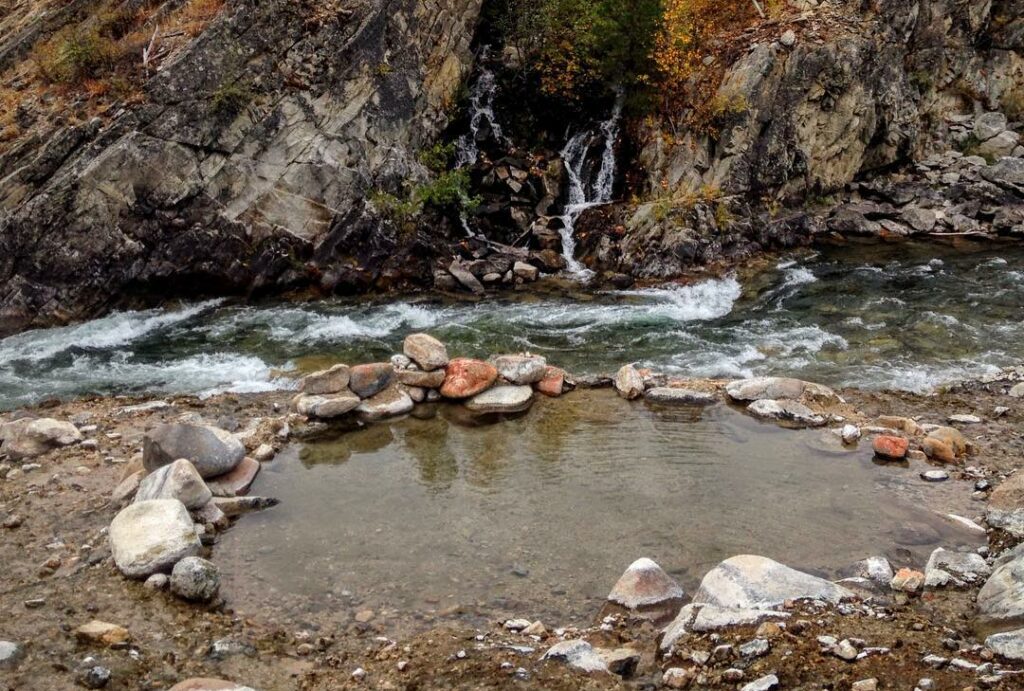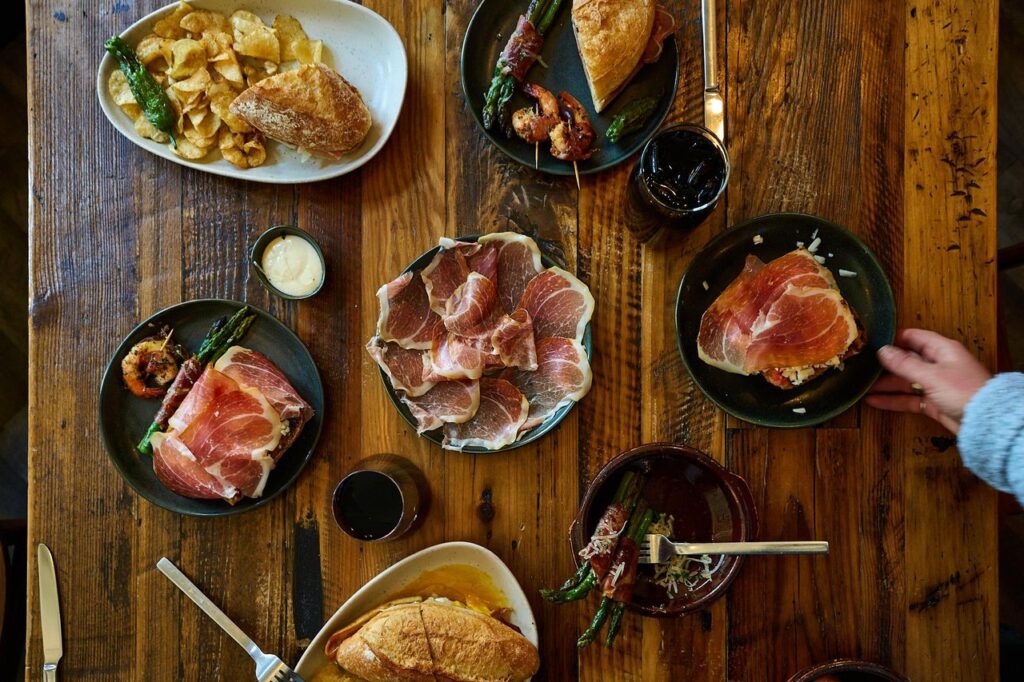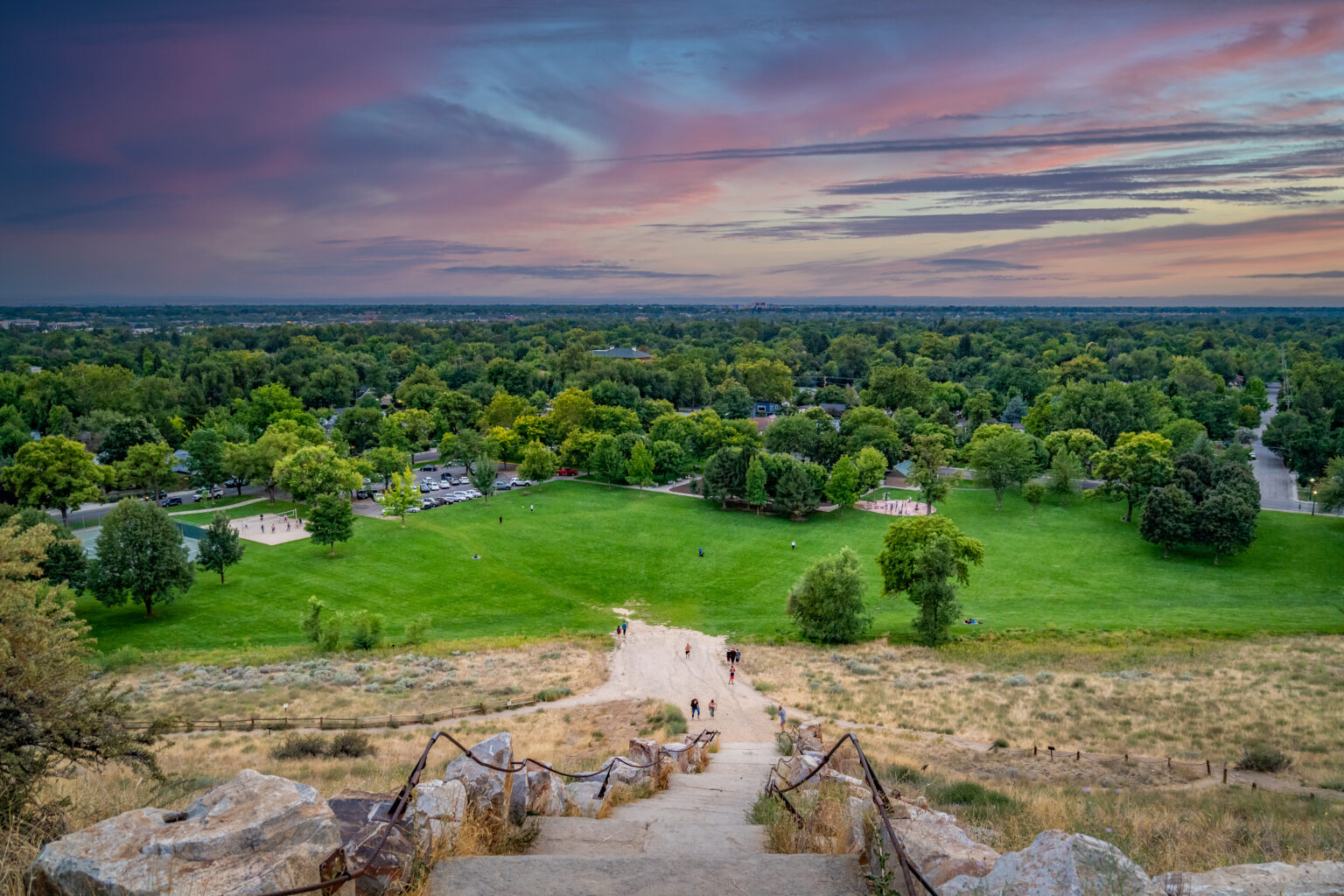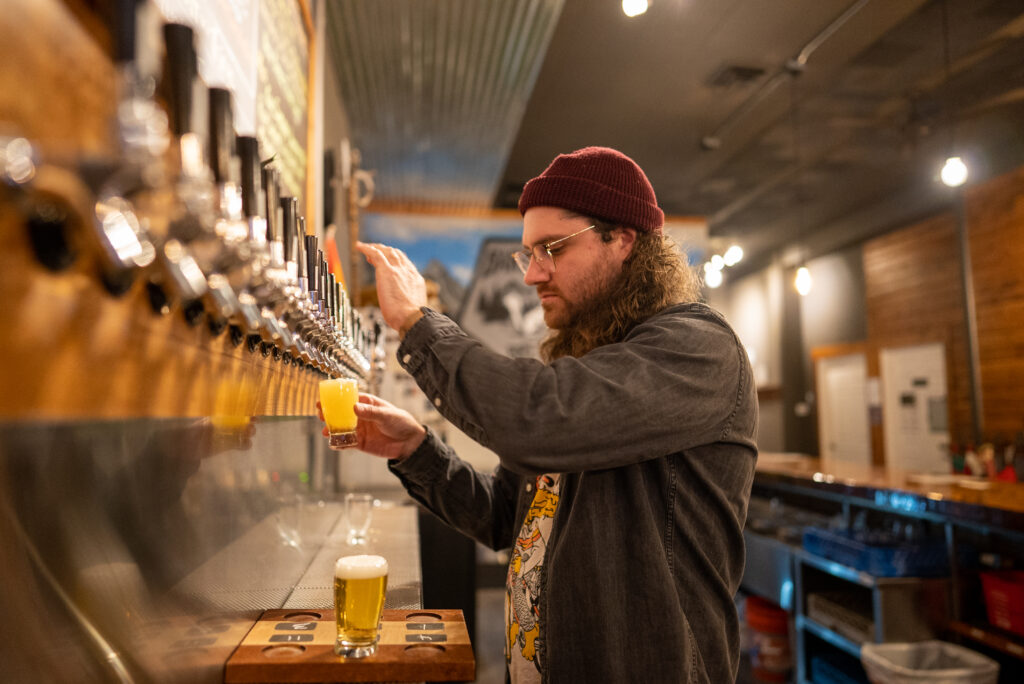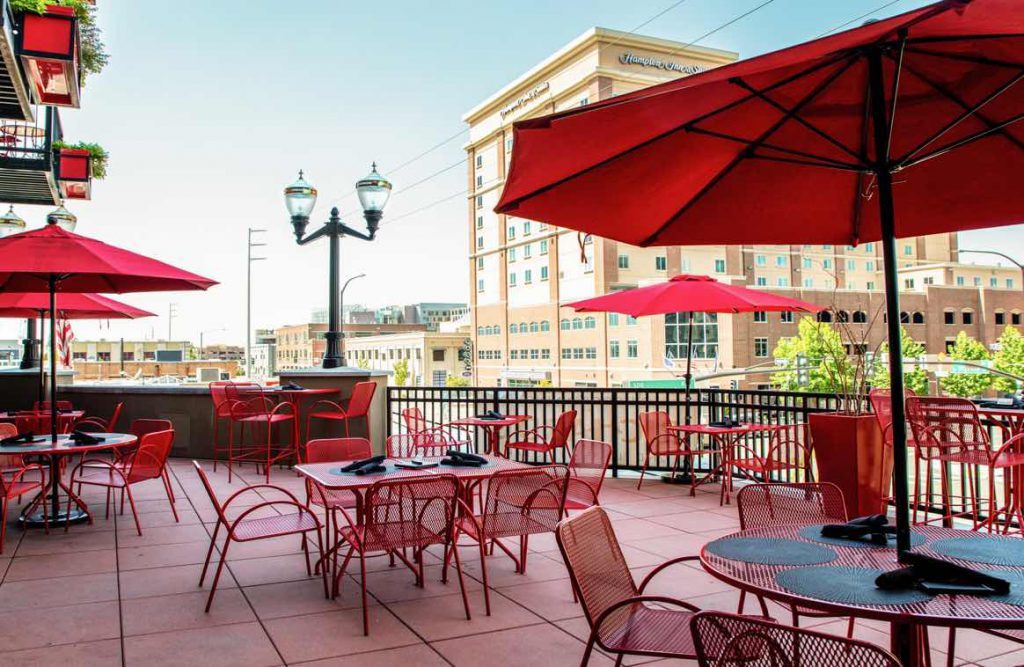Energy efficiency is top of mind for Boiseans. According to recent city data, 75% of residents consider sustainability a core value. The City of Boise has embraced this mindset, setting bold goals to ensure a thriving future that protects natural resources. Among its most ambitious targets: achieving carbon neutrality for city government by 2035 and for the entire community by 2050.
Here’s a closer look at how Boise is building a more sustainable community for both locals and visitors:
The City of Boise
Geothermal Heating
Boise operates the largest geothermal heating district in the U.S., delivering naturally heated water to over 6 million square feet of building space. In 2025, a major geothermal water donation from the Harris Family Partnership is expected to quadruple system capacity, expanding access to more buildings. Current users include Boise City Hall, the State Capitol, Boise Centre, JUMP, the Treasure Valley YMCA, and several Boise State University buildings.
Citywide Transportation Action Plan
Downtown Boise remains highly walkable and bike-friendly. The city’s updated Transportation Action Plan focuses on expanding multi-modal mobility, including safer bike lanes, improved pedestrian access, and enhanced public transit. These efforts aim to reduce car dependency and cut transportation-related emissions, which account for 36% of Boise’s greenhouse gas output.
City Compost Program
Launched in 2017, Boise’s composting program has grown rapidly. Over 70,000 residents now participate, diverting nearly 40 million pounds of compostable materials from landfills. This has helped reduce landfill contributions by 41%, and residents can purchase the nutrient-rich compost for gardening and landscaping.
The Hospitality Industry
Meeting Spaces
The Boise Centre, the city’s largest convention venue, continues to lead in sustainability. It has diverted over 32,000 pounds of recyclables and donated more than 3,000 pounds of food to local nonprofits. Its location above Valley Regional Transit’s Main Street Station makes it easy for visitors to use public transportation, supporting low-emission travel.
Restaurants
Boise’s 8th Street restaurants, including Bittercreek Alehouse, are champions of farm-to-table dining and food waste reduction. Many use vermicomposting bins to recycle food scraps into fertilizer, which is sold at the Boise Farmers Market each spring. Restaurants like Trillium at The Grove Hotel also prioritize local sourcing, partnering with producers such as Gaston’s Bakery and Cloverleaf Creamery to reduce their carbon footprint.
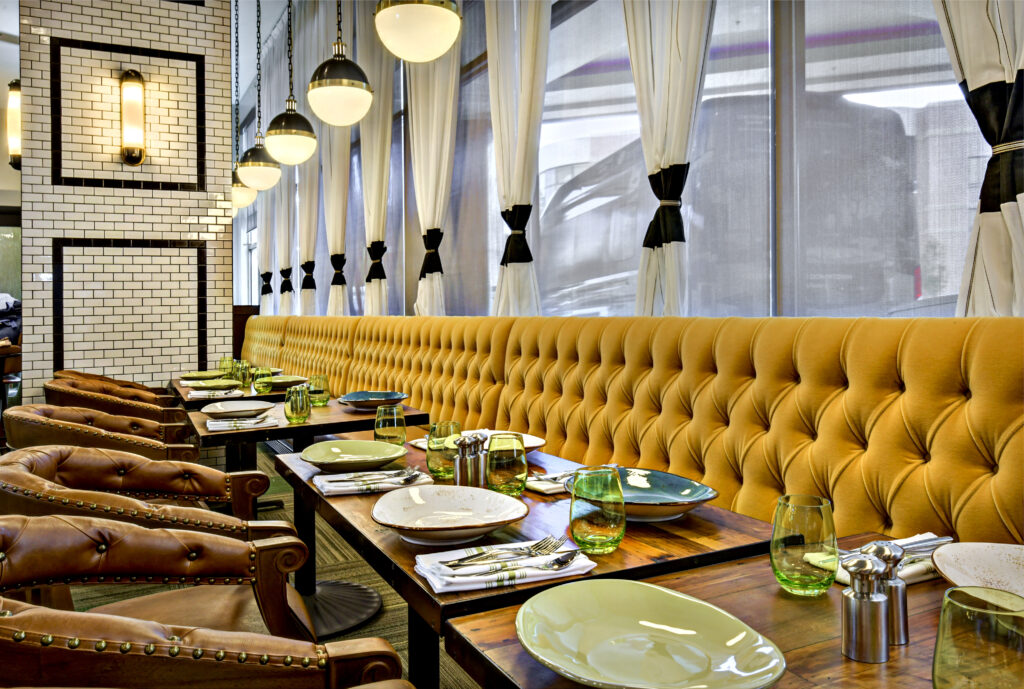
Hotels
Sustainability is a growing focus in Boise’s hospitality sector. Hotel 43 partners with Clean the World to repurpose used soap and toiletries. National brands like Hyatt Place and Residence Inn by Marriott are implementing eco-friendly practices locally, including reducing single-use plastics, improving energy efficiency, and adopting sustainable design.
Sustainability is more than a trend in Boise—it’s a shared commitment. From city planning to hospitality, Boise is building a greener, more resilient future for all.

